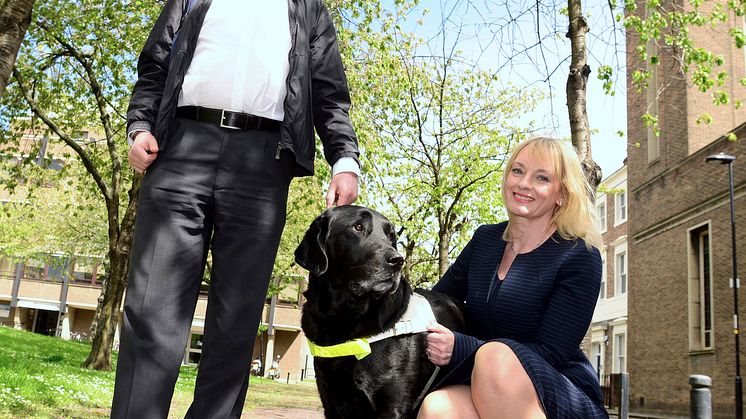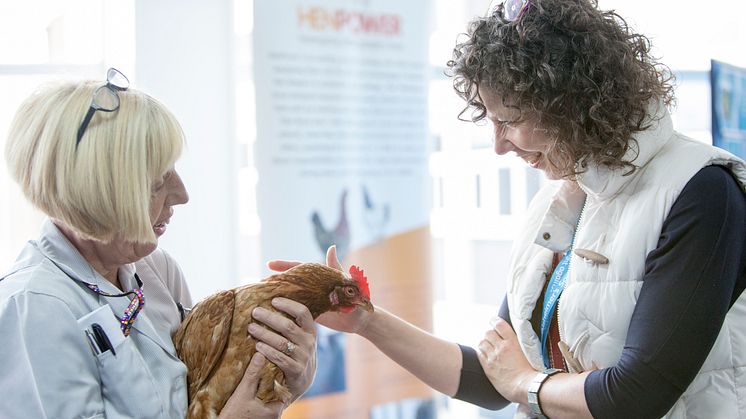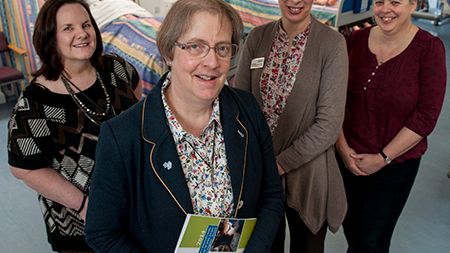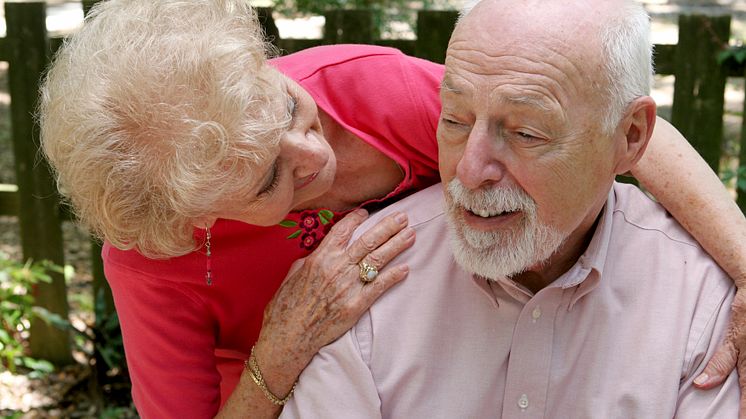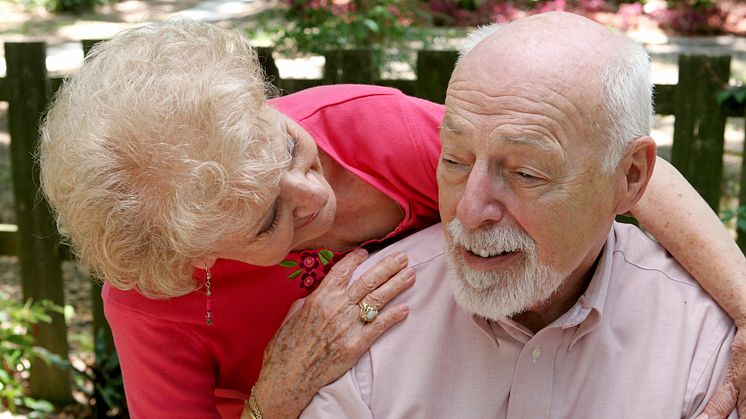
Press release -
Ageing in changing times
Leading experts on ageing from across the world will visit Newcastle for an annual conference focusing on how people are ageing in changing times.
The British Society of Gerontology conference, jointly hosted by Northumbria and Newcastle Universities, will be held at Northumbria’s City Campus East from Wednesday 1 to Friday 3 July.
This conference provides a forum for established and emerging researchers, policy-makers, practitioners, students and older people to come together and discuss and debate the key issues surrounding ageing and later life. Delegates will have the opportunity to hear about cutting-edge research on ageing and to network with colleagues from academia, policy and practice.
A number of keynote speakers will address attendees, including Bren Neale, Professor of Life Course and Family Research at Leeds University, and Yngve Gustafson, Professor of Geriatrics and Consultant from Umea Universitetssjukhus in Sweden.
Newcastle University’s Associate Dean for Ageing, Professor Tom Kirkwood CBE, will lead a discussion entitled ‘Why and how we are living longer?’. Professor Kirkwood is a leading researcher in the biology of ageing and has contributed significantly to the national and international discourse on the challenges and opportunities of population ageing.
Dr Suzanne Moffatt, Newcastle University’s conference chair said: “We are delighted to have a world-leading researcher to open our conference, which has an excellent and varied programme of speakers from across the globe”.
Delegates will be invited to a live performance of the award-winning Jack and Jill & The Red Postbox – a sensitive, humorous and challenging play which explores the impact of dementia. The performance which was produced by Skimstone Arts – is inspired by findings from an extensive research project conducted by Northumbria University academics, working in partnership with Edinburgh University.
Attendees will also be able to learn about the HenPower project – a joint initiative between Northumbria University and the charity Equal Arts which engages older people in hen keeping to help combat loneliness and improve wellbeing. Delegates will have the opportunity to meet the ‘Hensioners’ – as well as some of the hens – and hear first-hand about how this exciting project has improved their lives.
The conference will also showcase presentations about Newcastle’s Age-Friendly City Initiative, a joint venture between Newcastle’s Quality of Life Partnership and Newcastle University.
Other highlights include a number of book launches and an Age UK symposium with Yves Joanette, Professor of Cognitive Neurosciences and Ageing at the University of Montreal, who will share a Canadian perspective on how to transform new ideas into real-world impacts that can enhance the wellbeing of an ageing population.
The social programme will take delegates to the BALTIC Centre for Contemporary Art, Newcastle University’s Hatton Art Gallery and Newcastle’s Civic Centre, where they will hear music from Newcastle University’s Folk Degree Programme students, cello and accordion duo Penny Callow and Margot Hardman, as well as a traditional ceilidh band.
Mima Cattan, Professor in Public Health and Northumbria University’s conference chair, said: “It is a great honour for us to host this prestigious international conference in Newcastle.
“Ageing and old age are high on the agenda in most countries. The research presented at the conference will address many of these issues and inform policy and practice in years to come. We also hope we can showcase some of the attractions in the North East to our visitors.”
For more information about the conference, click here or contact Professor Mima Cattan at mima.cattan@northumbria.ac.uk
Categories
Northumbria is a research-rich, business-focussed, professional university with a global reputation for academic excellence. To find out more about our courses go towww.northumbria.ac.uk
If you have a media enquiry please contact our Media and Communications team at media.communications@northumbria.ac.uk or call 0191 227 4571.








